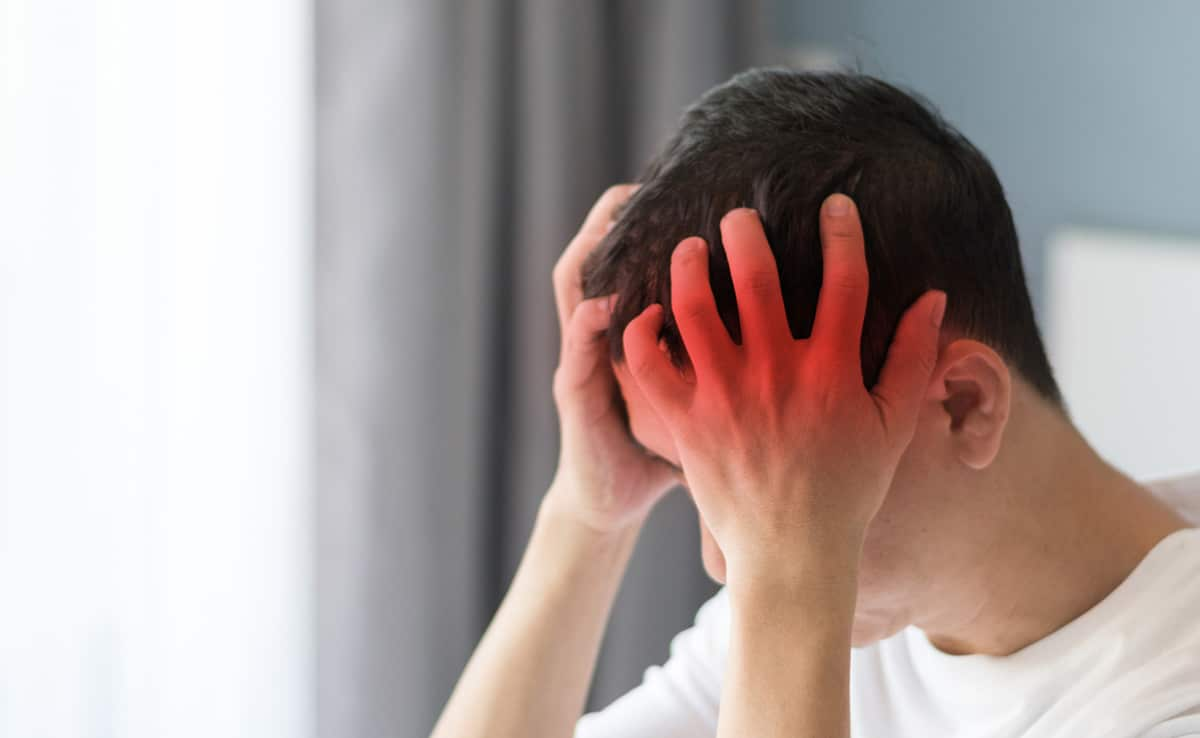Read on as we share a list of signs and symptoms of stroke to watch out for.

A sudden, severe headache without any known cause may be a sign of stroke
A stroke, also known as a cerebrovascular accident (CVA), occurs when the blood supply to part of the brain is interrupted or reduced, depriving brain tissue of oxygen and nutrients. This can happen either due to a blockage in an artery supplying blood to the brain (ischemic stroke) or due to the rupture of a blood vessel in the brain (hemorrhagic stroke).
When brain cells are deprived of oxygen and nutrients, they can quickly become damaged or die, leading to various neurological symptoms. The specific symptoms experienced during a stroke depend on the location and extent of the brain damage.
Weakness in the arm is a common symptom of a stroke, particularly if the stroke affects the part of the brain responsible for controlling movement and sensation in the arms. Weakness in the arm typically occurs on one side of the body, and it can range from mild to severe. It may be accompanied by numbness, tingling, or a loss of coordination in the affected arm. Read on as we share a list of other symptoms one might experience during a stroke.
Here are other early signs of stroke to watch out for:
1. Sudden weakness or numbness
This can occur on one side of the face, arm, or leg. You may notice a sudden inability to move or feel one side of the body.
2. Confusion or trouble speaking
Difficulty in speaking or understanding speech, slurred speech, or trouble finding the right words can be indicative of a stroke.
3. Trouble walking
Sudden dizziness, loss of balance or coordination, and difficulty walking straight can be signs of a stroke.
4. Severe headache
A sudden, severe headache without any known cause, described as the worst headache of one's life, can be a sign of a stroke, especially if accompanied by other symptoms.
5. Vision problems
Blurred or double vision, sudden loss of vision in one or both eyes or difficulty seeing out of one or both eyes can occur during a stroke.
6. Facial drooping
One side of the face may droop or become numb, especially noticeable when attempting to smile.
7. Difficulty swallowing
Sudden difficulty in swallowing or controlling the muscles of the mouth and throat can indicate a stroke.
8. Loss of balance or coordination
Sudden loss of balance or coordination, accompanied by difficulty walking straight or standing, can be a sign of a stroke.
9. Sudden onset of severe vertigo
A sudden, severe spinning sensation or feeling of spinning, especially when accompanied by other stroke symptoms, can indicate a stroke.
If you or someone else experiences sudden weakness or numbness in the arm, especially if it occurs on one side of the body along with other stroke symptoms, it's crucial to seek immediate medical attention. Time is critical when it comes to treating strokes, and early intervention can significantly improve outcomes and reduce the risk of long-term disability or complications.
Disclaimer: This content including advice provides generic information only. It is in no way a substitute for a qualified medical opinion. Always consult a specialist or your doctor for more information. NDTV does not claim responsibility for this information.
DoctorNDTV is the one stop site for all your health needs providing the most credible health information, health news and tips with expert advice on healthy living, diet plans, informative videos etc. You can get the most relevant and accurate info you need about health problems like diabetes, cancer, pregnancy, HIV and AIDS, weight loss and many other lifestyle diseases. We have a panel of over 350 experts who help us develop content by giving their valuable inputs and bringing to us the latest in the world of healthcare.














